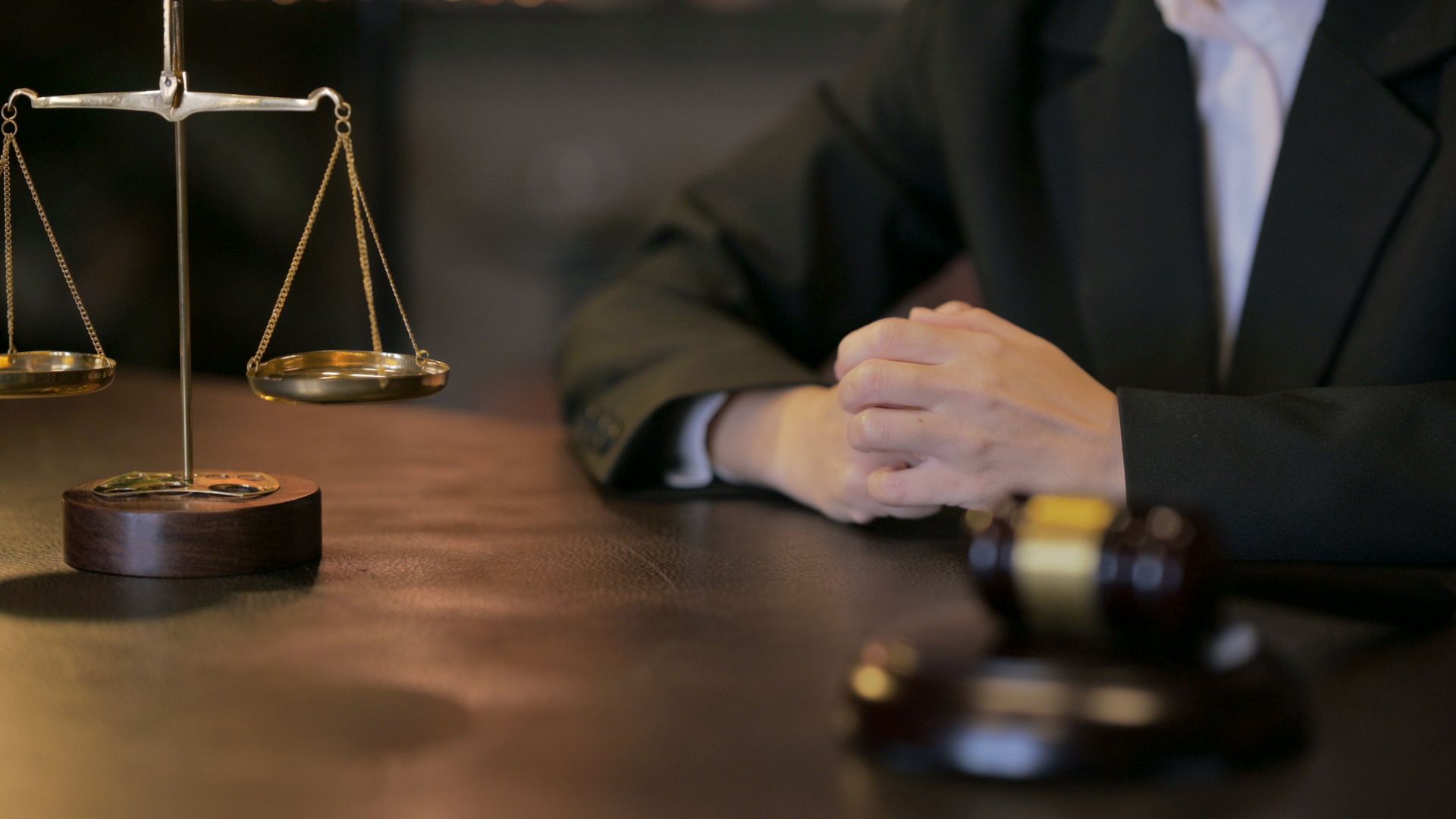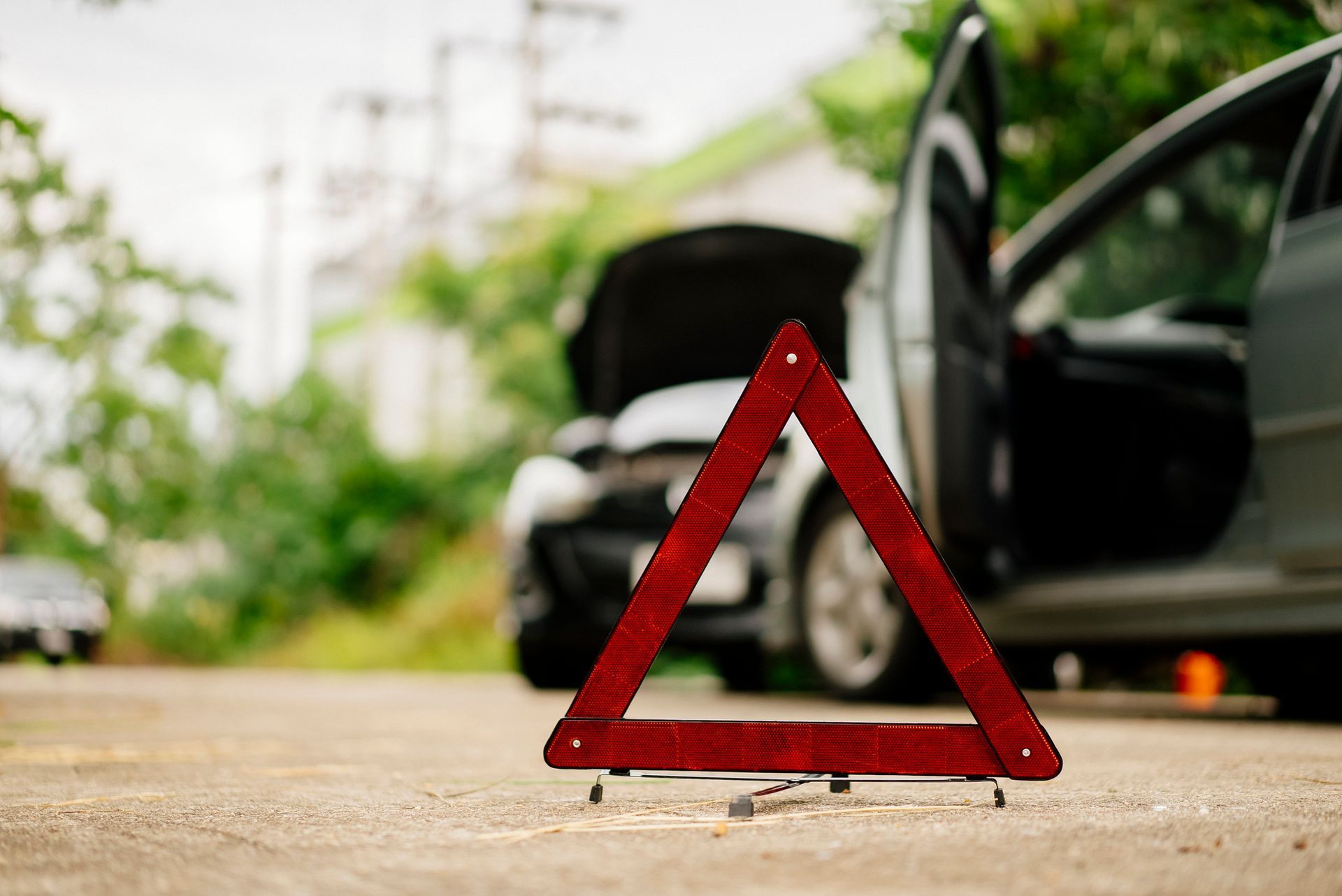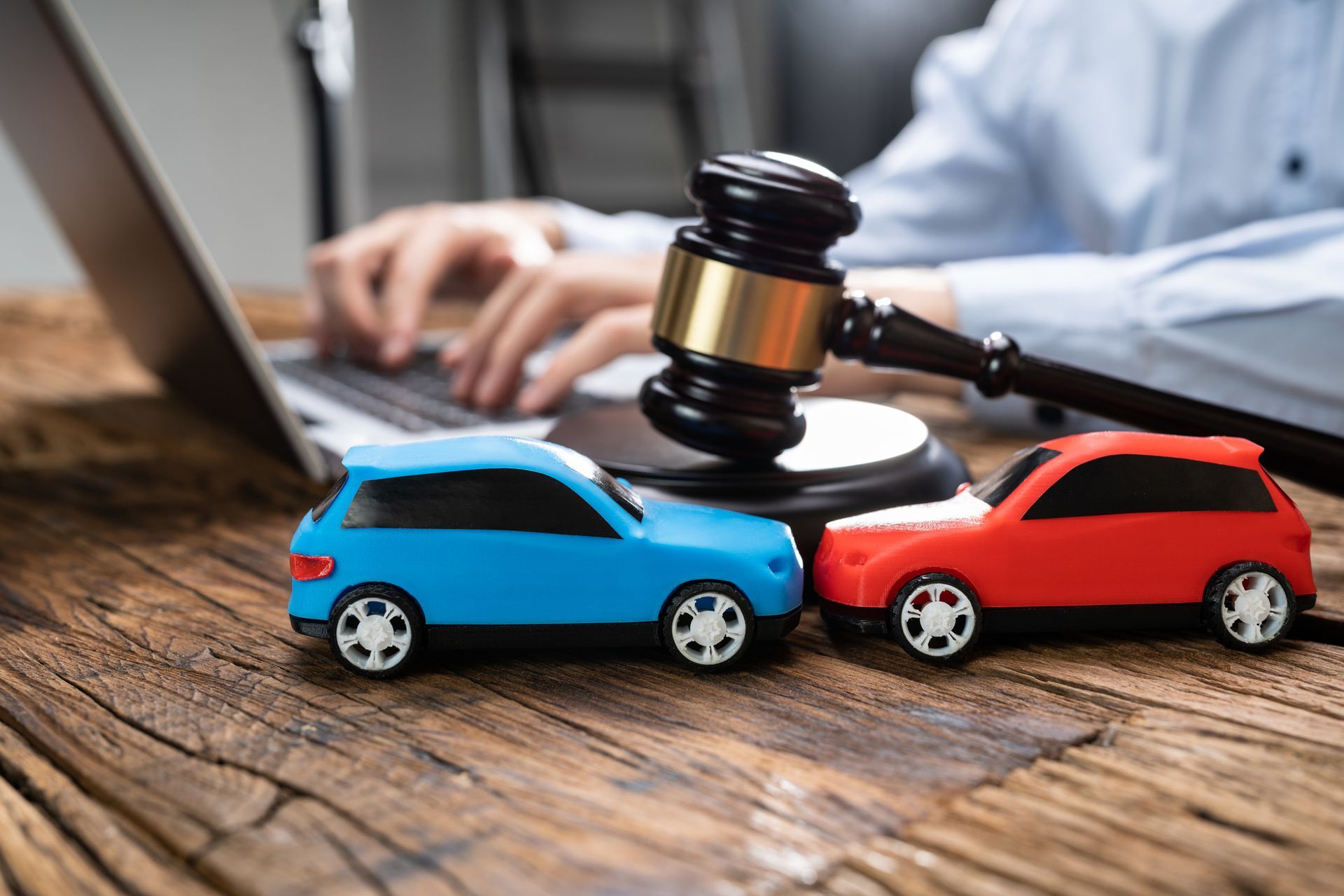6 Key Steps In Personal Injury Lawsuits
Since personal injury accidents lead to medical expenses, pain, or even loss of income, the person responsible should compensate the plaintiff accordingly. However, compensation does not come automatically, meaning the plaintiff must file a personal injury claim and follow the case to the end.
The personal injury lawsuit process starts immediately after the accident until the plaintiff gets satisfactory compensation. The case can end through an out-of-court settlement or proceed to trial. Therefore, if you are a personal injury victim, you must know how to handle your case to ensure full compensation.
Let's see the key steps in a personal injury case.
1. Document Everything
If your personal injury case proceeds to trial, your attorney will use the available evidence to prove your injury and claim fair compensation. Therefore, you must ensure that you record everything that happens after the accident.
Crucial records include the police report, photographs of the accident scene, doctor reports, medical bills, X-rays, and CT scans. Also, write down your experiences, like the pain and any other way the accident has changed your daily life, and remember to keep a hard copy of your witnesses' contacts.
2. Look for an Experienced Personal Injury Attorney
If you proceed to negotiate with the plaintiff's insurance company without the help of an attorney, you'll most likely receive a minimum compensation amount: Insurance companies hire the best attorneys and adjusters to protect their interests — pay the least compensation possible.
On the other hand, if you hire a personal injury attorney, they'll use their expertise to ensure that you get full compensation. Attorneys are better negotiators, plus insurance companies know that attorneys will gather all the required evidence ready for trial.
However, to enjoy the full benefits of a personal injury attorney, ensure that your chosen attorney has served other clients with a similar case and won. Most attorneys display this information on their websites.
3. Investigate Your Case
Your attorney will use the available evidence, like your statement, to understand the case and gather additional evidence, including statements by witnesses. For example, if you got injured in a car accident, the attorney will reach out to the people who witnessed the accident or assisted you.
Your attorney will also look for an expert witness, like your doctor, to explain how you got the injuries and their impact on your livelihood.
4. Issue a Claim for Compensation
Once your attorney has enough evidence, they will help you file a demand for compensation with the plaintiff's insurer. The number of claims issued depends on the complexity of the accident. For example, if only one person is responsible for the accident, you'll issue one claim, but you will issue a separate claim to each person if several persons are responsible.
A personal injury claim includes details of your injuries and the compensation you want from the plaintiff.
5. Start Negotiations
Before filing a lawsuit, your attorney will start negotiations with the responsible party's insurer. The negotiations start with an offer from the insurance company, which you can accept or reject. The attorney will advise you on whether to accept or reject the offer based on their expertise and experience.
6. File a Lawsuit
If you feel that the compensation amount offered by the insurance company is not enough, you can take your case to court. Both sides will argue the case before a judge, and the judge will issue a final ruling. The court process can take several months or years, depending on the complexity of the case.
You can appeal the case if you are unsatisfied with the judge's decision.
To ensure compensation after a personal injury accident, you must initiate the personal injury lawsuit process and follow the required processes. Also, hire an experienced attorney to offer you legal help. At Smith Morgan, LLP, we have successfully handled personal injury cases of varying complexities. Contact us today to find out if we can help you.










